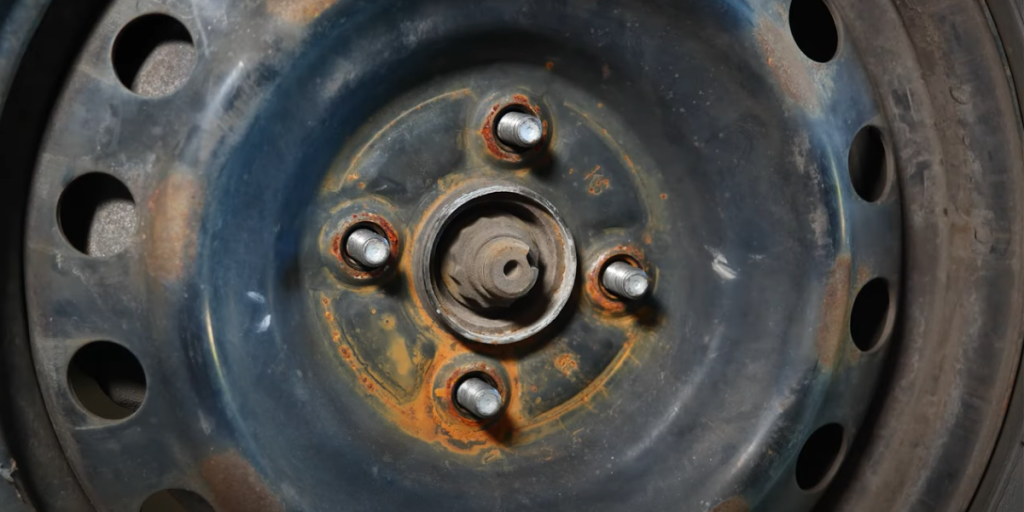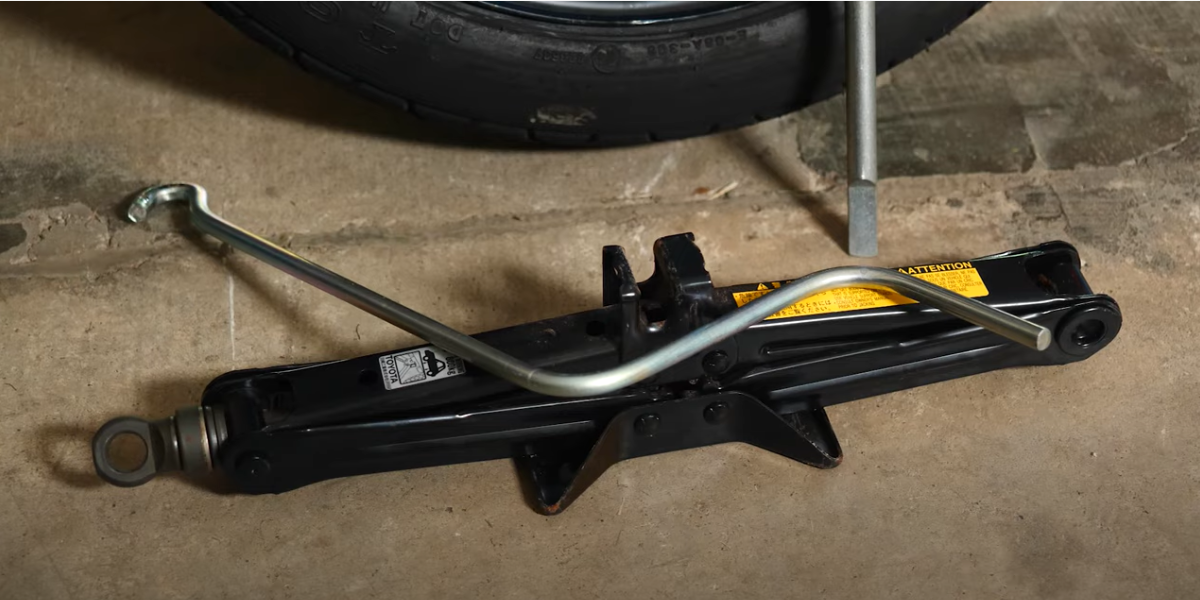Bearings are crucial components in various mechanical systems, playing a vital role in reducing friction and enabling smooth rotational or linear motion. This article explores the significance of bearings, their types, applications, and maintenance practices.

What is a bearing and how does it work?
A bearing is a machine element that facilitates rotational or linear movement by reducing friction between moving parts. It typically consists of an inner and outer ring with rolling elements (balls or rollers) in between. When properly lubricated, these elements allow smooth motion with minimal friction.
What are the different types of bearings?
Bearings come in several types, including:
- Ball bearings: Utilize balls to reduce friction.
- Roller bearings: Feature cylindrical or tapered rollers.
- Thrust bearings: Designed to support axial loads.
- Plain bearings: Use surfaces in sliding contact.
- Spherical bearings: Accommodate misalignment.
Each type is chosen based on the specific application’s load capacity, speed, and environmental conditions.
Where are bearings used?
Bearings find applications in various industries and machinery, such as automotive engines, industrial pumps, aerospace systems, and even consumer products like household appliances. They are essential wherever there is a need for controlled movement and reduced friction.
How should bearings be maintained to ensure longevity?
Proper maintenance is crucial for bearing longevity:
- Regular lubrication: Using the correct lubricant in the right amount.
- Monitoring temperatures: High temperatures can indicate issues.
- Inspecting for wear: Checking for signs of wear or damage.
- Replacing worn bearings promptly: Preventing further damage to machinery.
By following these practices, bearings can operate efficiently and extend their service life.
In industries like geotextile manufacturing, bearings are vital in machinery that handles large rolls of fabric, ensuring smooth unwinding and winding processes.
Summary:
Bearings are indispensable components in mechanical systems, enabling efficient motion while minimizing friction. Understanding their types, applications, and maintenance requirements is essential for ensuring optimal performance and longevity in various industrial and consumer applications.
